 |
|
|
|
A new paradigm in computing is to take many simple autonomous objects or agents and let them jointly perform a complex task, without having the need for centralized control. In this paradigm, these simple objects interact locally with their environment
using simple rules. An important inspiration for this model is nature itself, where many such systems can be found. Applications include optimization algorithms, communications networks, scheduling and decision making, supply-chain management, and robotics.
There are many disciplines involved in making such systems work: from artificial intelligence to energy aware systems. Often these disciplines have their own field of focus, have their own conferences, or only deal with specialized subproblems (e.g. swarm intelligence, biologically inspired computation, sensor networks).
Topics of interest include, but are not limited to: |
Modeling and Reasoning about Collaborative Self-Organizing Systems
Collaborative Sensing and Processing Systems
Dependability of Collaborative Self-Organizing Systems
Design and Technology of Collaborative Self-Organizing Systems |
|
Conference Chairs
Peter Lindsay (Australia) p.lindsay@itee.uq.edu.au
Franz J. Rammig (Germany) franz@uni-paderborn.de
Programme Committee Chairs
Mike Hinchey, Lero, Ireland mike.hinchey@lero.ie
Jon Timmis, University of York, UK jtimmis@cs.york.ac.uk
Programme Committee Members
Hussein Abbas (Australia)
Sven A. Brueckner (USA)
Yuan-Shun Dai (USA)
Marco Dorigo (Belgium)
Luca Maria Gambardella (Switzerland)
Jadwiga Indulska (Australia)
Thomas Jansen (Ireland)
Peter A. Lindsay (Australia)
Tiziana Margaria (Germany)
Eliane Martins (Brazil)
Roy A Maxion (USA)
Christian Müller-Schloer (Germany)
Takashi Nanya (Japan)
Bernhard Nebel (Germany)
Giuseppe Nicosia (Italy)
Anastasia Pagnoni (Italy)
Jochen Pfalzgraf (Austria)
Daniel Polani (UK)
Ricardo Reis (Brazil)
Richard D. Schlichting (USA)
Hartmut Schmeck (Germany)
Bernhard Sendhoff (Germany)
Giovanna Di Marzo Serugendo (UK)
Joaquin Sitte (Australia)
Roy Sterritt (Northern Ireland)
Janet Wiles (Australia) |
 |
|

| Submission of papers: |
January 31, 2010 |
| Notification to authors: |
April 23, 2010 |
| Camera-ready copies: |
May 15, 2010 |
|
Instructions for paper submission
- Papers must not substantially overlap with papers that have been published or are simultaneously submitted to a journal or another conference with proceedings.
- Papers must be written in English; they should be at most 12 pages in total, including bibliography and well-marked appendices. Papers should be intelligible without appendices, if any.
- Accepted papers will be presented at the conference and published in the IFIP AICT (Advances in Information and Communication Technology) Series by Springer.
- Submitted and accepted papers must follow the publisher’s guidelines for the IFIP AICT Series (www.springer.com/series/6102, Author templates, Manuscript preparation in Word).
- At least one author of each accepted paper must register for the conference and present the paper. Inclusion of the paper will be dependent upon one registration for the paper.
- All papers must be submitted in electronic form through the web via www.wcc2010.org by January 31, 2010.
|
|
The Congress
The World Computer Congress (WCC2010) will bring together IT research and industry sectors in one event. The congress will combine 17 IFIP conferences with partner conferences from other international and regional, specialist IT organisations.
The conference content will be presented in eight program streams. Delegates may attend any of the participating conference, industry or partner events as well as networking, social, technical tours and certification courses offered at the congress. |
|
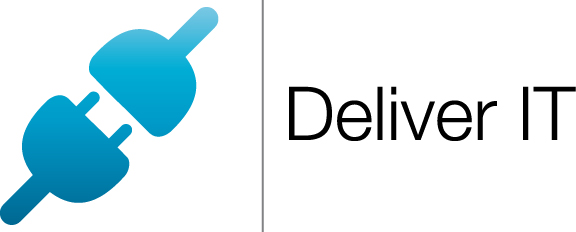 |
- Wireless Communications and Information Technology in Developing Countries (WCITD 2010)
- Biologically-Inspired Collaborative Computing (BICC 2010)
- Distributed and Parallel Embedded Systems (DIPES 2010)
- Artificial Intelligence in Theory and Practice (IFIP AI 2010)
- Network of the Future (NF)
- Enterprise Architecture, Integration, Interoperability and Networking (EAI2N)
- Human Choice and Computers International Conference (HCC9 2010)
Track 2: Virtual Technologies and Social Shaping
|
|
|
 |
- International Information Security Conference 2010 (SEC 2010)
- Critical Information Infrastructure Protection (CIP)
- Human Choice and Computers International Conference (HCC9 2010)
Track 3: Surveillance and Privacy
|
|
|
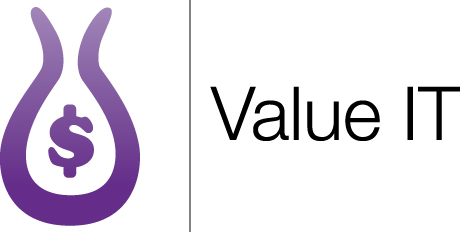 |
- Theoretical Computer Science (TCS 2010)
- Human Computer Interaction (HCI 2010)
|
|
|
 |
- Key Competencies in the Knowledge Society (KCKS 2010)
- History of Computing (HC)
|
|
|
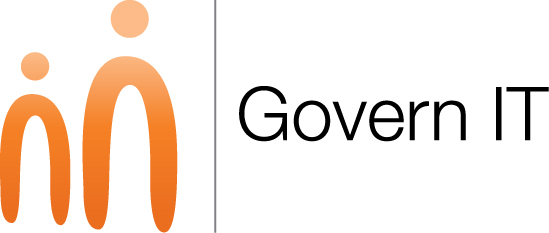 |
- Global Information Systems Processes (GISP)
- E-Government and E-Services (EGES)
- Human Choice and Computers conference (HCC9 2010)
Track 1: Ethics and ICT Governance
|
|
|
|
|
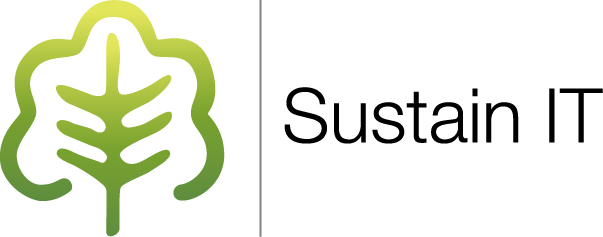 |
- Human Choice and Computers International Conference (HCC9 2010)
Track 4: ICT and Sustainable Development
|
|
|
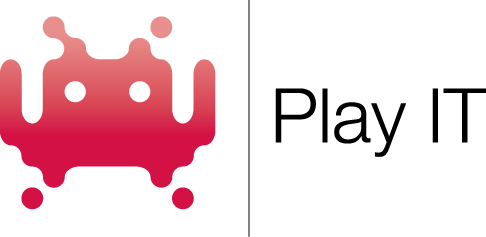 |
- Entertainment Computing Symposium (ECS 2010)
|
|
|


